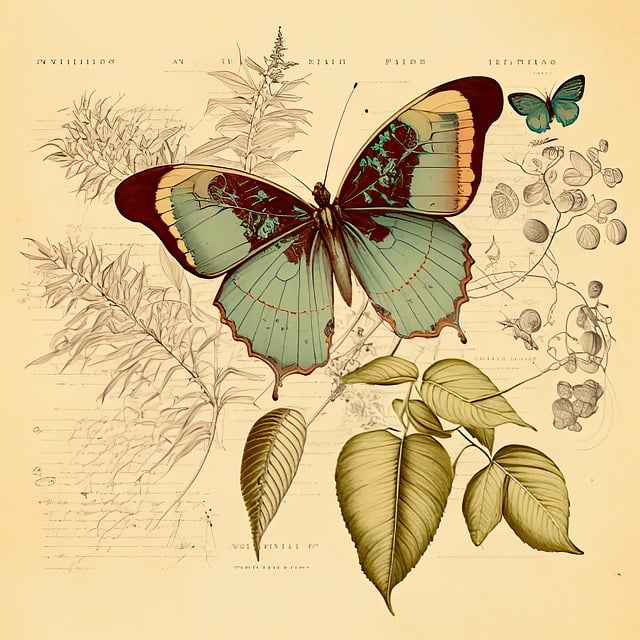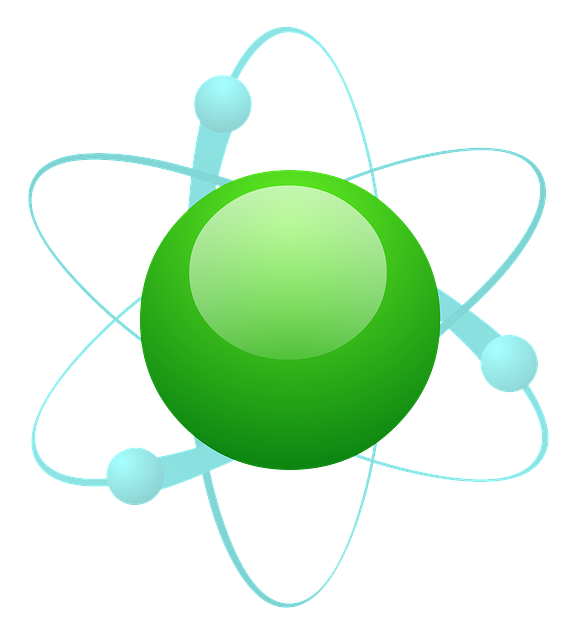Translation services are indispensable for UK scientific journals, enabling global accessibility of research findings and fostering international collaboration. This section highlights the importance of high-quality translations for technical content, addressing unique challenges while preserving academic integrity. Specialized translation ensures diverse audiences can engage with UK journal articles, revolutionizing knowledge exchange on a worldwide scale.
Are you a researcher or academic relying on translated scientific journals? Ensuring accuracy is paramount, especially with the rise of international collaboration. This article delves into the precision of translations specifically tailored for UK scientific journals. We explore common challenges and best practices to help researchers navigate the intricacies of cross-lingual communication. From understanding cultural nuances to employing advanced tools, discover how to verify the quality of translation services for UK Scientific Journals, ultimately fostering seamless knowledge exchange globally.

model 'aya-expanse' not found

When utilizing translation services for UK scientific journals, it’s crucial to understand that not all models are created equal. The message “model ‘aya-expanse’ not found” is a common error in machine translation systems, highlighting the limitations of AI when interpreting specialized scientific terminology and complex sentence structures. While these tools have made significant advancements, they still struggle with nuanced language, context-specific jargon, and the vast breadth of scientific disciplines.
This issue underscores the importance of human expertise in scientific translation. Professional translators with backgrounds in specific fields possess the knowledge to navigate these challenges, ensuring accuracy and preserving the intended meaning. When dealing with critical research documents, choosing a service that combines advanced machine translation with meticulous human review is key to maintaining data integrity and preventing misinterpretations that could lead to erroneous conclusions.
Scientific communication relies on precise translation, and when it comes to UK scientific journals, ensuring accuracy is paramount. While advancements in AI translation models like ‘aya-expanse’ show promise, they are not yet foolproof. Optimal results require a blend of technological expertise and human scrutiny. Therefore, for critical scientific literature, leveraging professional translation services specialised in academic texts remains the gold standard, guaranteeing both precision and contextually apt language for UK scientific journals.
